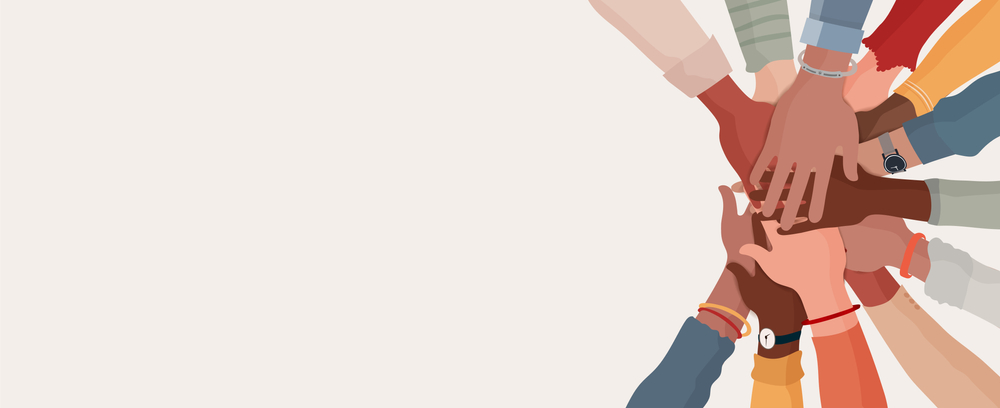Chi Eun Lee, EVP & Chief of Staff and Women@Paysafe Executive Sponsor writes for PaymentExpert on the importance of International Womens’ Day and what steps can be taken to ‘break the bias’ within the payment industry.
Some prejudices are so ingrained in society, we don’t even know they are there. To break the bias, we need to know it. We need to become more sensitive to not only the known, obvious biases, but also the subtle ones that we aren’t aware of, which still limit women from reaching their full potential.
So, what practical steps can our industry take to break the bias in 2022 and be part of the solution? First, it’s important to explore and address the subtle biases that exist, identifying where and what they are. This is especially important in traditionally male-skewed functions, like Risk, Technology, and Finance. Providing mentoring support can go a long way for more junior colleagues to help them to overcome those biases as they navigate their careers. Mentoring is an area of particular focus at Paysafe, and this is a key reason why.
Society, in general, has grown to be slightly better about not making overtly biased comments, but while these might have started to become a thing of the past there are areas where it’s still ‘grey’. Across the industry, work is being done to try to raise awareness about where it exists in what’s termed as ‘affinity bias’, such as hiring or promoting the people who are more like ourselves in appearance, beliefs, and background, or ‘benevolence bias’, when we limit an individual’s autonomy by presuming what’s best for them, even if it’s done in an effort to be kind.
Just one example of this might be a conscious decision made by unconscious assumptions about motherhood which could be harmful to a working mother’s career. Unconscious bias might not always be about being bias against something, but it can also be showing bias toward something, and favouring it over something else.
Biases can pose an issue across the entire talent funnel, and it’s important to consider all aspects, from attracting to developing, promoting and retaining key female talent as well as bringing male colleagues who are likely to be line managers along on the journey to understand what the bottlenecks along the funnel might be.
COVID and the forced move to remote working brought new perspectives on flexible working, which could be a good thing for gender equality in the long run. Now, with the restrictions of COVID lifting, everyone has become very focused on making the work from home pattern work for them and for many – especially colleagues with young children – it’s inconvenient to come into the office. To make time spent in the office more meaningful for working women in particular, we need to create more purposeful in-person opportunities that allow for those experiences that are still less effective through on-screen interactions, such as networking, informal coffee mentoring, developing support networks among colleagues with similar challenges, and having fun! It’s about finding a balance between flexibility and visibility.
D&I initiatives and celebrations such as International Women’s Day do a great job of shining a spotlight on not only the wins but also some of the biases that women in the payments industry still experience today. Issues that really shouldn’t exist in today’s business world, but unfortunately still do. Part of this is about educating on what the biases are, both conscious and unconscious, but it’s also about realising that it’s everyone’s responsibility to fix them. There won’t be an overnight fix but by coming together to talk about bias, we can come up with ways to break through some of the barriers – or at least figure out where we’re going to start.
























